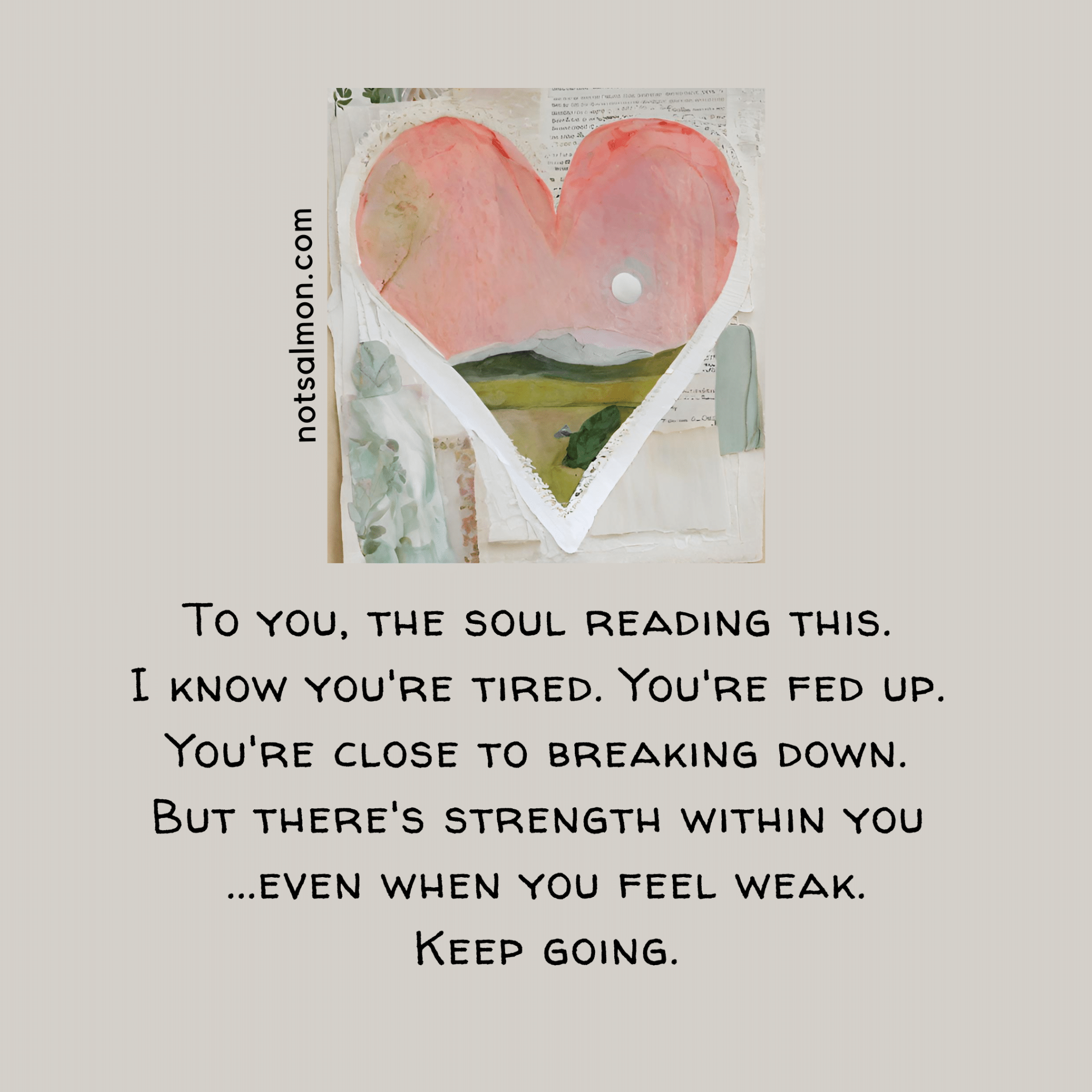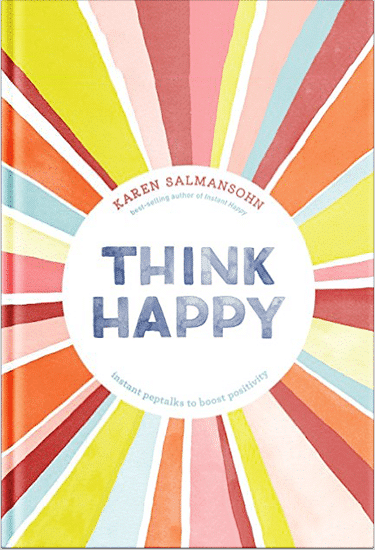 Recovering from addiction is a profound journey that goes beyond mere abstinence. It’s about reconstructing a purpose, joy, and fulfillment-filled life.
Recovering from addiction is a profound journey that goes beyond mere abstinence. It’s about reconstructing a purpose, joy, and fulfillment-filled life.
Transformative lifestyle improvements are crucial in guiding individuals toward a holistic recovery that encompasses mental, physical, and emotional well-being.
This article explores the essential steps and strategies to build a fulfilling life beyond addiction, focusing on how transformative changes can lead to a more satisfying and meaningful existence.
I’m writing this article about how to build a fulfilling life beyond addiction for a few reasons. I am a a bestselling wellness author, Ishta trained meditation teacher, and founder of the therapist recommended video course called The Anxiety Cure.
I love sharing tools to help people to live their calmest and happiest lives.
10 Tips to Build a Fulfilling Life Beyond Addiction
Read on to learn more.
-
Embrace a holistic approach to recovery
Recovery entails much more than the use of substances; it’s about healing various aspects that affect the person’s well-being because of addiction. Transformative lifestyle improvements mean addressing the physical, emotional, and psychological elements of your being.
Here’s a deeper look into what holistic recovery involves and how it can be achieved:
-
Emotional and psychological healing
Restoring one’s emotional and psychological health involves therapy and counseling.
Engaging in individual or group therapy helps address the psychological roots of addiction, such as trauma, anxiety, and depression. Cognitive Behavioral Therapy (CBT) and other therapeutic modalities can reframe negative thought patterns and develop healthier coping mechanisms.
Another way to support emotional and psychological well-being is through engaging in practices like mindfulness, meditation, and yoga. They can reduce stress, enhance emotional regulation, and improve mental clarity. Furthermore, these practices encourage a present-focused mindset and awareness, which are crucial for recovery.
Understanding the nature of addiction and its effects on the brain and body can empower individuals to take control of their recovery journey. Educational workshops and resources are vital components of a holistic approach.
The first step towards physical healing often involves medically supervised detoxification, followed by ongoing medical care to address any substance-induced health issues.
Then, doctors recommend following a balanced diet rich in essential nutrients that help repair the body, boost energy levels, and support overall health.
Physical health also requires regular exercise, whether it’s yoga, walking, or more intense training, which improves physical health, reduces stress, and increases feelings of well-being.
-
Spiritual and emotional fulfillment
 For many, spirituality plays a crucial role in recovery, whether through traditional religious practices, meditation, connecting with nature, or finding a sense of purpose and belonging.
For many, spirituality plays a crucial role in recovery, whether through traditional religious practices, meditation, connecting with nature, or finding a sense of purpose and belonging.
Building a supportive community through group therapy, support groups, and sober networks can provide a sense of belonging and shared experience that nurtures the spirit.
Meanwhile, engaging in creative activities such as art, music, writing, or dance allows for emotional expression and exploration of new identities beyond addiction.
Remember, integrating holistic recovery practices requires consistency and a commitment to self-care. Be patient and recognize that recovery is a journey with ups and downs. Moreover, it’s not a one-size-fits-all approach.
Thus, it’s essential to find what works best for each individual and be open to adjusting practices as one grows and changes.
-
Cultivate meaningful relationships
It’s common for people who have an addiction to also experience social isolation. Thus, the recovery process makes reconnecting with others and building a supportive network imperative. Surround yourself with people who understand your journey and support your recovery.
Doing so can include joining support groups, participating in community activities, or reconnecting with family and friends who encourage your sober lifestyle. Meaningful relationships provide emotional support, reduce feelings of loneliness, and offer encouragement and accountability on your path to recovery.
-
Set goals and pursue passions
A fulfilling life is directed towards meaningful goals and pursuits. Take time to discover or rediscover what you are passionate about and set short-term and long-term goals related to these interests. Clear objectives provide a sense of purpose and direction, whether pursuing a new career, learning a skill, or dedicating time to a hobby. This focus can divert your attention from the temptation of addiction and towards constructive and rewarding activities.
-
Develop healthy coping mechanisms
Life beyond addiction requires learning new ways to cope with stress, anxiety, and other triggers that may have previously led you to substance use. Meditation, yoga, deep breathing exercises, and journaling can help manage stress healthily. Additionally, seeking therapy or counseling can provide you with tools to cope with emotional pain and resolve underlying issues that may have contributed to your addiction.
-
Give back to your community
Finding ways to contribute to your community can be incredibly rewarding and help build a sense of belonging and purpose. Volunteering, mentoring others in recovery, or participating in community service are ways to give back and connect with others. These activities can enhance self-esteem, promote a positive self-identity, and reinforce your commitment to a sober lifestyle.
-
Practice self-compassion and patience
Recovery is a journey with its ups and downs. Practicing self-compassion and patience with yourself during this process is essential. Understand that setbacks are part of the journey and not a sign of failure. Treat yourself with kindness and encouragement, and remember that every day is a new opportunity to grow and improve.
-
Embrace change and growth
Finally, embrace the transformative journey of recovery as an opportunity for personal growth and development. This mindset allows you to view challenges as learning opportunities and strengthen your resolve. By adopting transformative lifestyle improvements, setting goals, and staying committed to your recovery, you can build a fulfilling life beyond addiction—one that’s rich in joy, purpose, and meaning.
Conclusion: Living a Fulfilling Life After Addiction
Building a fulfilling life beyond addiction requires commitment, patience, and a willingness to embrace change. By focusing on transformative lifestyle improvements and adopting strategies that promote overall well-being, individuals in recovery can navigate the path to a more prosperous, more satisfying life.
Get More Support To Master Your Mindset
Explore my bestselling and therapist recommended audio and video program called The Anxiety Cure Course.
Think happier. Think calmer.
Think about subscribing for free weekly tools here.
No SPAM, ever! Read the Privacy Policy for more information.
One last step!
Please go to your inbox and click the confirmation link we just emailed you so you can start to get your free weekly NotSalmon Happiness Tools! Plus, you’ll immediately receive a chunklette of Karen’s bestselling Bounce Back Book!



 Recovering from addiction is a profound journey that goes beyond mere abstinence. It’s about reconstructing a purpose, joy, and fulfillment-filled life.
Recovering from addiction is a profound journey that goes beyond mere abstinence. It’s about reconstructing a purpose, joy, and fulfillment-filled life. For many, spirituality plays a crucial role in recovery, whether through traditional religious practices, meditation, connecting with nature, or finding a sense of purpose and belonging.
For many, spirituality plays a crucial role in recovery, whether through traditional religious practices, meditation, connecting with nature, or finding a sense of purpose and belonging. 